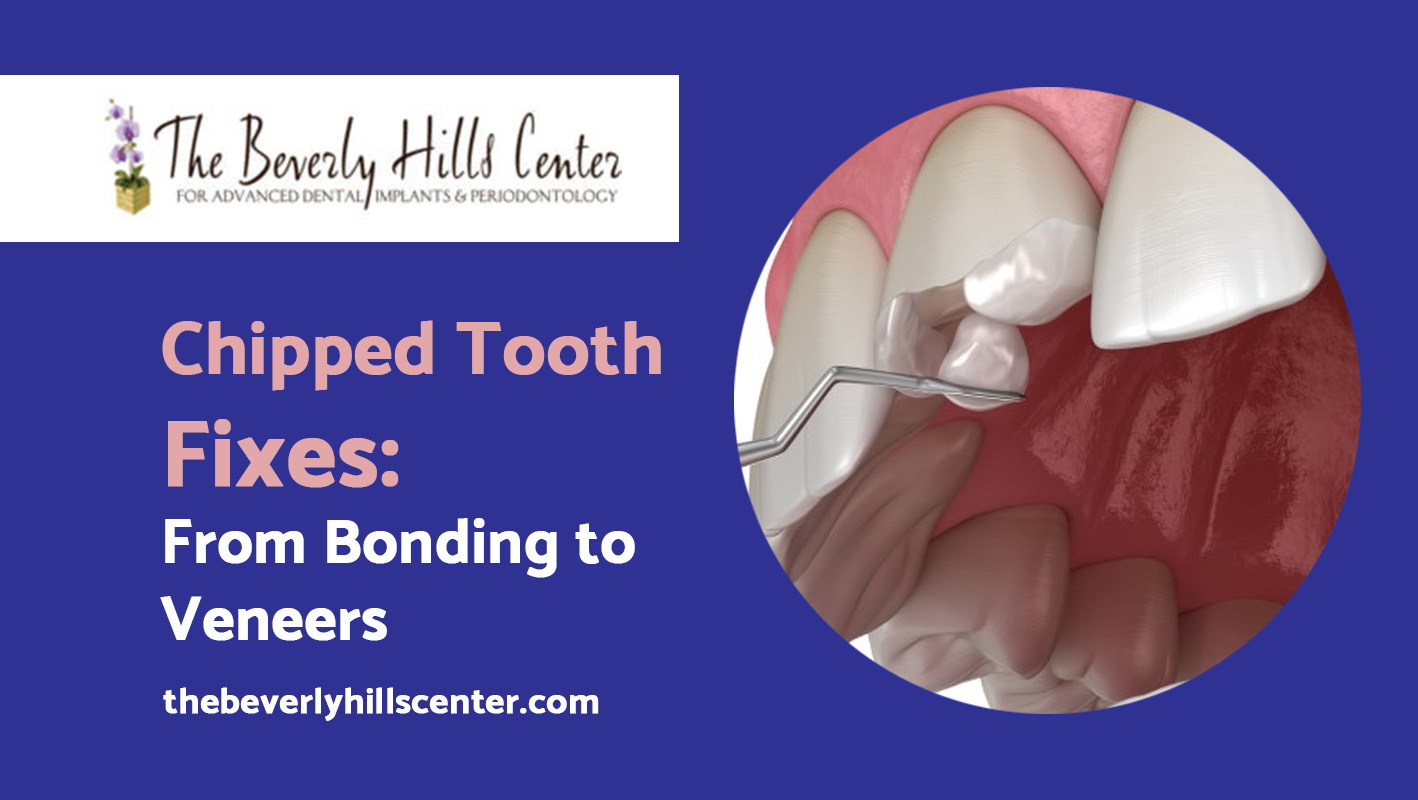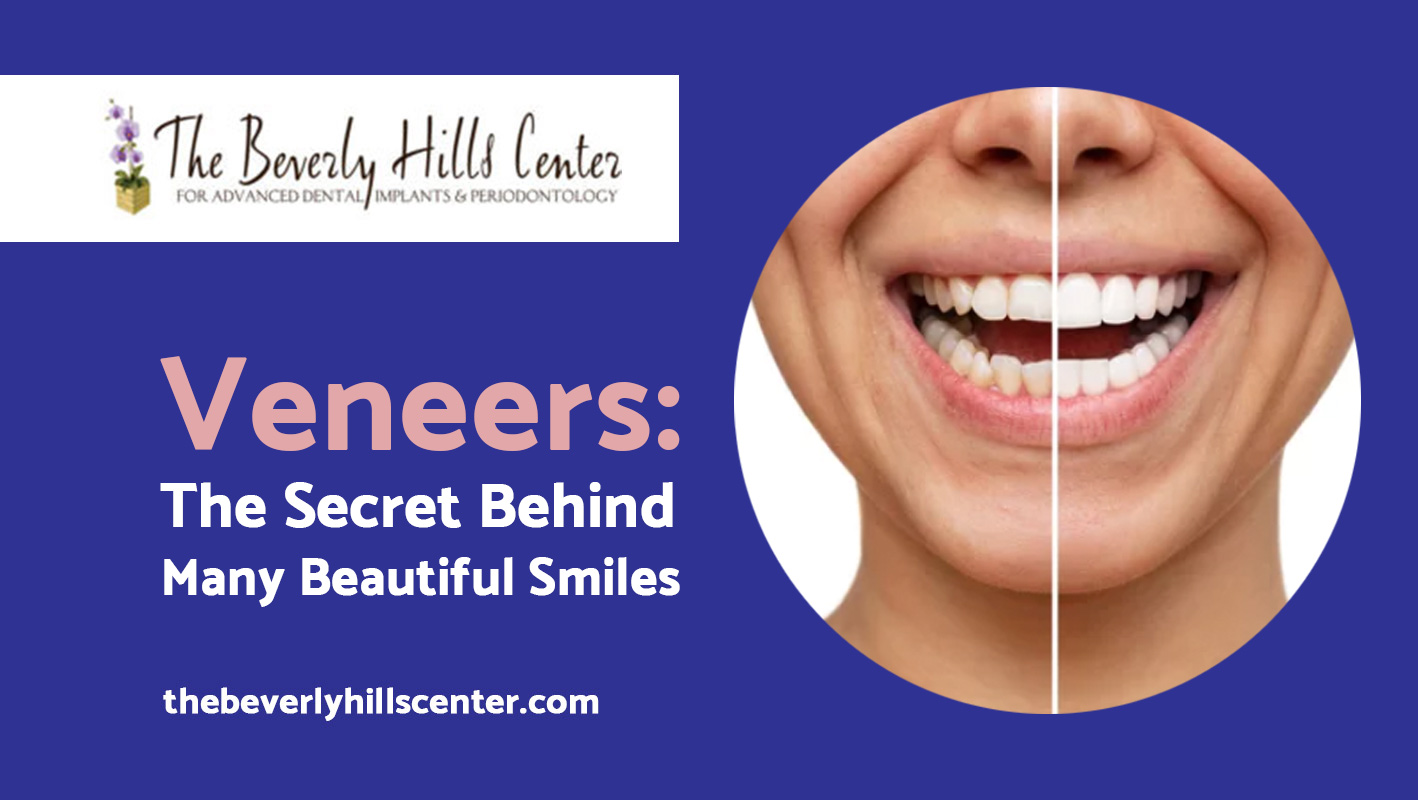Natural Isn’t Always Better for Your Teeth
In recent years, there’s been a surge in popularity around natural and DIY oral health remedies. From influencers brushing with black powders to Pinterest tutorials for lemon and baking soda scrubs, these “natural whitening hacks” are everywhere.
One of the most viral? Charcoal toothpaste.
The idea of naturally brightening your smile without chemicals is appealing. But many of these methods can be ineffective at best—and damaging at worst. Below, we’ll break down the truth behind charcoal toothpaste, other trending whitening alternatives, and what actually works if you’re looking for a whiter, healthier smile.
What Is Charcoal Toothpaste?
Charcoal toothpaste typically contains activated charcoal—a fine, porous black powder made from coconut shells, peat, or other natural materials, heated to increase its adsorptive properties. It’s long been used in emergency medicine to bind to toxins.
Marketers claim it can bind to stain particles on your teeth the same way—lifting years of discoloration with no chemicals or peroxide.
The problem? Your enamel isn’t a stain—it’s a non-renewable protective barrier. And charcoal is much more abrasive than most people realize.
The Risks of Using Charcoal Toothpaste
Charcoal toothpaste may leave your teeth feeling cleaner short-term, but here’s what long-term use can do:
1. Enamel Erosion
Charcoal is abrasive. Brushing with it daily can slowly wear away your enamel, the protective outer layer of your teeth. Once enamel is gone, it doesn’t grow back. That leads to:
- Increased tooth sensitivity
- Greater risk of cavities
- Yellowing from exposed dentin underneath
2. Lack of Fluoride
Most charcoal products do not contain fluoride, a mineral essential for strengthening enamel and preventing decay. Using these products long-term can raise your cavity risk even if you brush regularly.
3. Staining Restorations
Charcoal particles can get lodged in the margins of crowns, veneers, fillings, and bridges—causing unsightly gray shadows or stains that are difficult to remove.
4. Unproven Claims
Despite the hype, studies show that charcoal toothpaste is no more effective than standard toothpaste at whitening. In some cases, it performs worse.
In short: You may get a temporary feeling of “clean,” but at the cost of long-term dental health.
Are Other Natural Whitening Hacks Any Better?
Many people reach for homemade remedies thinking they’re safer than store-bought treatments. Here’s a look at some of the most popular—and whether they hold up to science.
Baking Soda
- Baking soda is a mild abrasive that can remove some surface stains
- When used sparingly and gently, it’s relatively safe
- But it still lacks fluoride and doesn’t remove deeper stains
Lemon Juice and Baking Soda
- Lemon juice is acidic and will weaken enamel on contact
- Combined with baking soda, this can accelerate enamel erosion
- Over time, this method makes your teeth appear more yellow, not whiter
Oil Pulling (Coconut Oil Swishing)
- Oil pulling may help reduce bacteria in the mouth
- There’s no scientific evidence it whitens teeth
- It’s not harmful, but also not effective for real whitening
Turmeric
- Turmeric has anti-inflammatory and antibacterial properties
- It can temporarily stain gums and soft tissues
- No evidence supports it as a whitening agent
So What Actually Works?
If you want safe, noticeable, and lasting results, the only proven methods are professionally supervised whitening treatments. These are backed by science, approved by the American Dental Association (ADA), and tailored to your specific smile.
At The Beverly Hills Center, we offer:
- In-office whitening treatments for immediate, visible results
- Custom-fitted take-home whitening trays for gradual, even whitening
- Whitening touch-ups for patients with veneers or other restorations
- Deep cleanings to remove surface stains and prevent discoloration buildup
These methods don’t just brighten your teeth—they do it safely, protecting your enamel and supporting long-term oral health.
The Bottom Line
Trendy doesn’t always mean trustworthy. Charcoal toothpaste and homemade whitening hacks may be all over social media, but that doesn’t make them effective—or safe.
If you’re serious about whitening, the best decision is to consult a cosmetic dentist. Your smile is one of your most important features. It deserves expert care.
The Beverly Hills Center offers advanced, customized whitening options in a luxury setting. We’ll help you achieve the radiant, healthy smile you’re after—without compromising your teeth in the process.
Ready to brighten your smile the right way?
Book your professional whitening consultation today or call us to learn more about safe, lasting options tailored to your goals.
Related Articles
Cosmetic, General Dentistry, Periodontics
Cosmetic, General Dentistry, Periodontics




